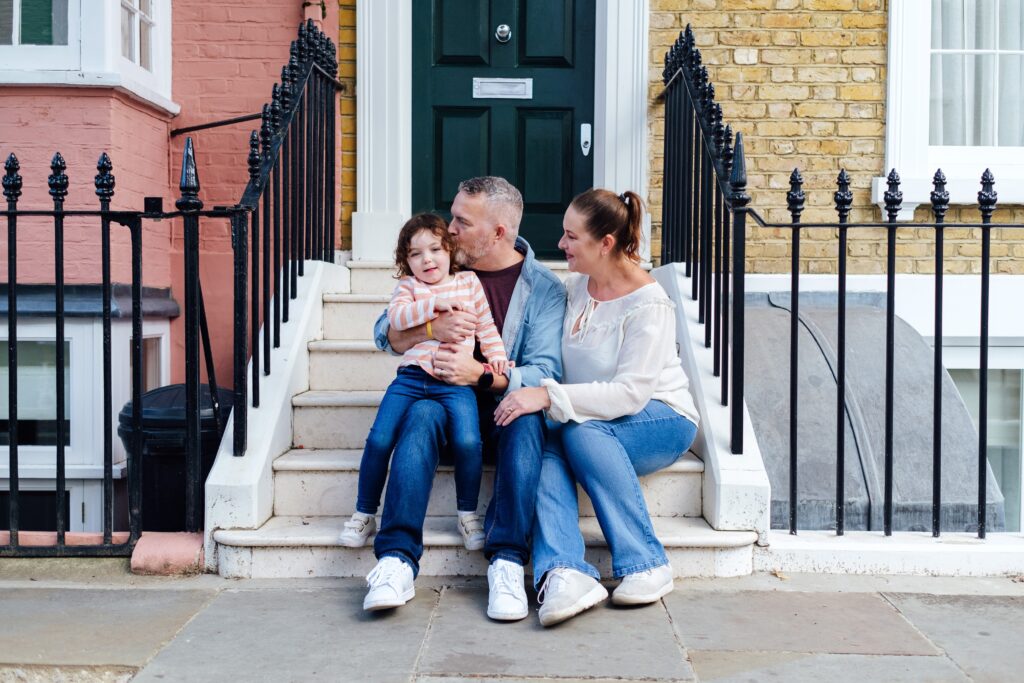
The best way to fight homelessness is to stop it before it starts. This Giving Tuesday, help us make a difference and #GiveHomes! Your contributions today will support HELP USA’s homelessness prevention programs like HOMEBASE. Our team works with eligible households to build housing stability offering advocacy to prevent eviction, education and job placement assistance, financial counseling and money management tutoring, and relocation services.
We are Stopping Homelessness before it starts this #GivingTuesday, and you can help us #GiveHomes.
HELP USA operates three Homebase offices in New York City, implementing New York City’s flagship prevention program. And it works! Research findings show that 95% of the approximately 5,500 clients who received assistance by HELP Homebase remained housed one year later.
Recently, HELP USA’s experts traveled to Canada to share their insights on the effectiveness of Homebase and prevention methods. Syrena Huggins, AVP Homeless Prevention & Rapid Rehousing Services, and Ashwin Parulkar, AVP Research, participated in a panel discussion with representatives from five Canadian social service organizations called “Making Progress in Homelessness Prevention: Insights on Implementing Shelter Diversion & Eviction Prevention Programs From Six Community-based Organizations” at the 2023 Canadian Alliance to End Homelessness (CAEH) Conference in Halifax, Nova Scotia.
They detailed two factors for this success.
First, social workers provide clients multiple program services and supports – connecting them to social programs, mediating landlord conflicts, and providing financial assistance – through the Critical Time Intervention (CTI) method that strategically provides services over 3 three-month phases. Phase one, entails visiting clients frequently and accompanying them to appointments. In Phase two, HELP staff assesses participants problem-solving skills and community emergency support systems to identify and address pressure points. And in the final period, our social workers facilitate a transition to more independence and reliance on community supports.
Second, HELP USA’s social workers use a tool called the Risk Assessment Questionnaire (RAQ) to identify clients risks to homelessness and the appropriate amount and combination of services to provide to them.
Huggins and Parulkar also discussed current challenges to providing Homebase services to clients in the wake of the Covid-19 pandemic, which increased the need for financial assistance among vulnerable New Yorkers, and the migrant crisis, which has overloaded the demand for housing amid the city’s long-standing problems of increasing rental unaffordability and housing stock shortages.
Want to learn more? Check out this presentation given by the HELP USA research team at the January 2023 HELP USA symposium, UPSTREAM: Frontline Solutions to Homelessness about the successes and challenges of providing Homebase services before, during and after the Covid-19 pandemic.
Make sure Homebase continues to succeed at keeping our neighbors safely housed. #GiveHomes this #GivingTuesday by making a fully tax-deductible donation to HELP USA.
